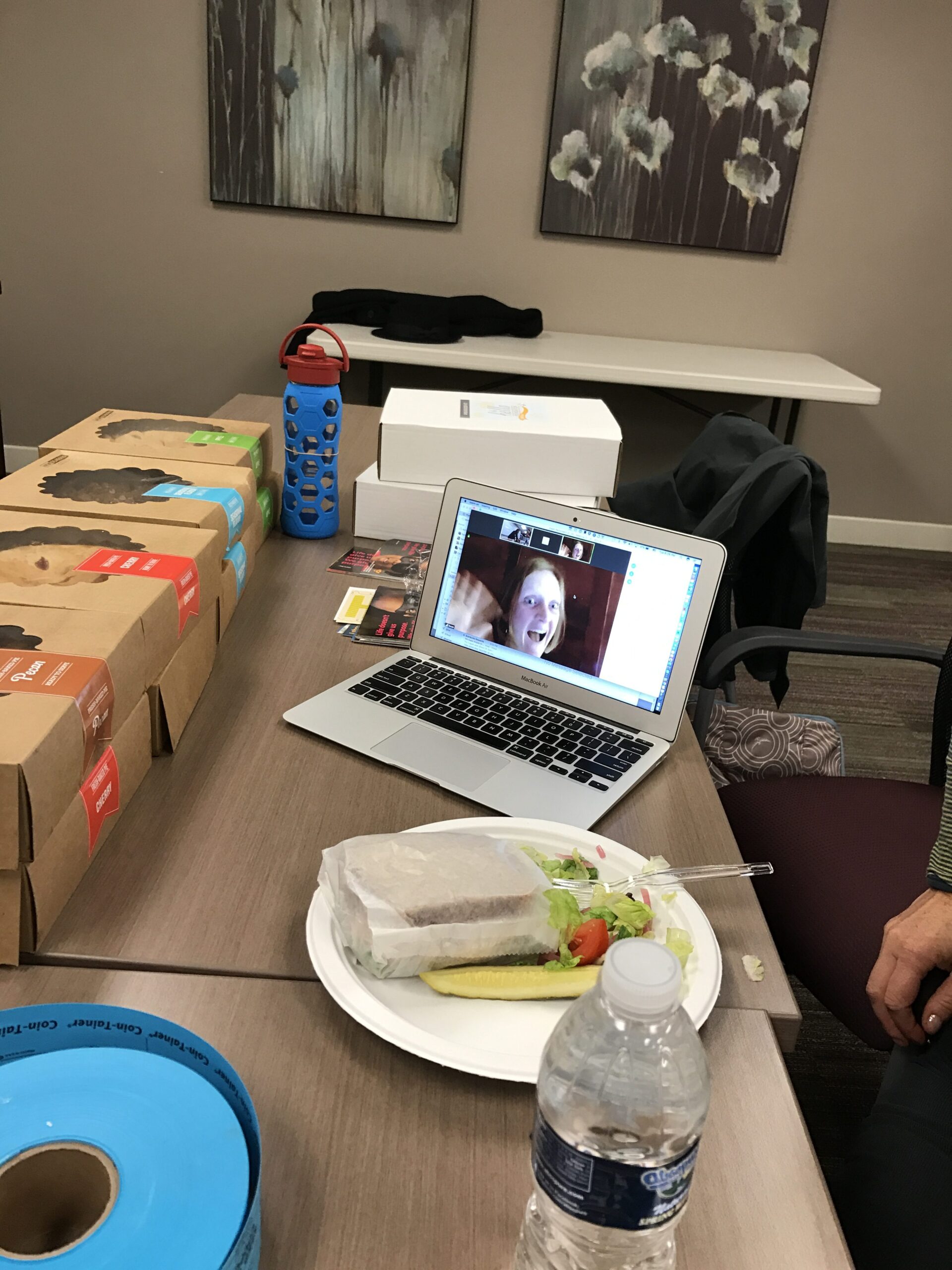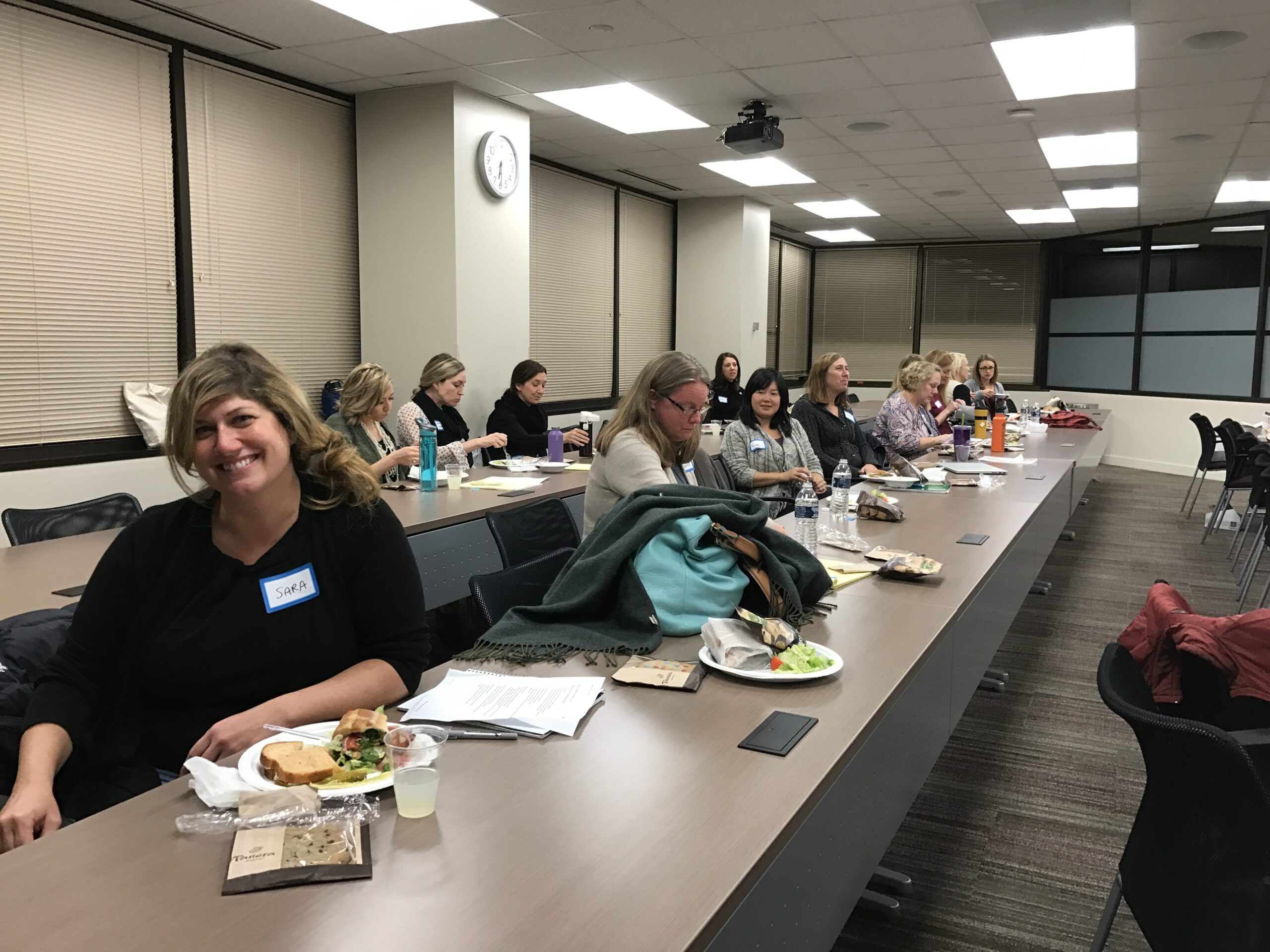Care Options for Kids, formerly The Hello Foundation recently invited Dr. Tobias Ryan, PsyD, to come speak to our group for our Fall continuing education event. The topic? Practical use of psychological assessment. Although Hello is lucky enough to have two school psychologists on our team, most of our group consists of speech and occupational therapists. We sit in on many meetings where intelligence testing results are shared and wanted to have a deeper knowledge of what those scores actually mean. Dr. Ryan delivered! Below are some of our takeaways from a thought-provoking evening.
1. The standardization of the Woodcock-Johnson makes it more useful for interpreting discrete skills than the WISC
Dr. Ryan explained, in-depth, why it’s valuable to give a person the Woodcock-Johnson. With each of its subtests having its own norm across the lifespan, one is able to tease out the intricacies and real reasons behind some common struggles experienced in academic achievement and cognitive processing. When we know the real reasons, we can make suggestions for the areas in which the deficit occurs (emotional, interpersonal, adaptive, executive functioning, and attention span) and define a path for improvement. Dr. Ryan is a fan of the Woodcock-Johnson, as he appreciates how you can use subtests individually and not just part of a composite.
2. IQ can change over time
Dr. Ryan shared a story about a preschooler he saw during his internship. This child had recently been placed in a foster home and had previously been in an unstable home environment. The child received services through Head Start, along with other therapy. Dr. Ryan reported that this student’s IQ increased by 12 points in less than a year after he received the services and consistency he needed. In the schools, Dr. Ryan stressed how important it is to do cognitive testing at least every three years, not just a file review! Scores can change significantly.
3. Ask school psychologists to interpret the subtests from cognitive testing and their correlations
It will give the team a better understanding of cognitive strengths and weaknesses – which results in a more effective approach to planning goals and treatment and better outcomes for kids.
My big takeaway? Psychological testing is far more powerful than I’ve ever known it to be. We can and should delve deeper into the interpretation of the results to help us better understand how each student learns and how to best serve them.
Learning outcomes were improved by raffling off pies before our fall PD event! Who doesn’t love pie?

Some of our off-site clinicians got to listen to the presentation via teleconference. Yes, virtual learning is our thing 🙂

THFers enjoyed a light dinner before working our brains at Dr. Ryan’s event

We always make sure to have a little social time with our dinner, too!






